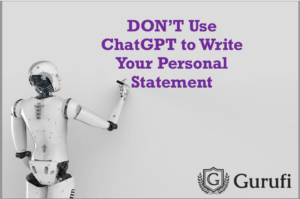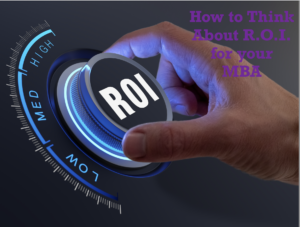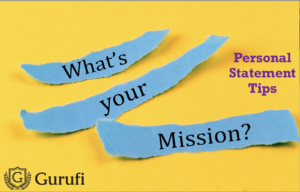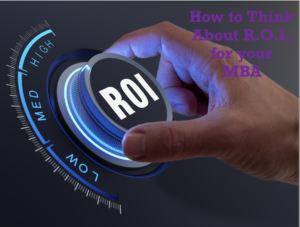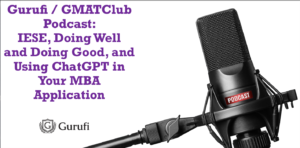
Welcome to our podcast today where we will be interviewing the Director of Admissions at IESE MBA program in Barcelona. IESE is a top-ranked business school, consistently ranked among the best in Europe and the world. Its MBA program is renowned for its excellence, innovation, and global perspective.
The Director of Admissions at IESE MBA program is a seasoned professional with extensive experience in the field of business education. She has been a part of the IESE community for several years and has played a crucial role in shaping the school’s admissions policies and procedures. With her vast knowledge and expertise, she is well-equipped to provide us with valuable insights into the admissions process and what makes the IESE MBA program unique.
In this podcast, we will discuss the IESE MBA program’s application process, the qualities the admissions team looks for in potential candidates, the importance of work experience and academic background, and what sets the IESE MBA program apart from other business schools. We will also discuss the current state of the job market and how the IESE MBA program is preparing students for success in a post-pandemic world.
The Director of Admissions will share her personal experiences and insights into the admissions process, including tips on how applicants can stand out from the crowd and make their application stand out. She will also discuss the school’s commitment to diversity and inclusion and how it is reflected in the admissions process.
We will delve into the IESE MBA program’s unique curriculum, which is designed to provide students with a well-rounded education and prepare them for leadership positions in a variety of industries. We will also discuss the school’s strong focus on experiential learning and how it is integrated into the curriculum.
Overall, this podcast is a must-listen for anyone considering applying to the IESE MBA program or interested in learning more about business education in general. The Director of Admissions at IESE MBA program is a wealth of knowledge, and we are honored to have her on our podcast today. So sit back, relax, and get ready to learn from one of the best in the business!
For more help with your personal statement, check us out at Gurufi.com. Our personal statement editors and consultants have decades of experience helping clients get into top Masters and Ph.D. programs in STEM, humanities, fine arts, and social sciences. Our specialty is helping you craft compelling personal statements that move the needle in your admissions process! For questions, shoot us an email at service@gurufi.com. Check us out on Facebook, Twitter, and LinkedIn.
#MBAadmissions #personalstatement #admissionsconsulting #businessschool #gradschool #MBAapplication #MBAprograms #MBAeducation #MBAworld #MBAcommunity #MBAcareer #MBAexperience #MBAalumni #MBAjobs #MBAinternship #MBAstudents #MBAgraduates #MBAleaders #MBAentrepreneurs #MBAinsights #MBAgoals #MBAstrategy #MBAachievement #MBAculture #MBAworklife #MBAstudyabroad #MBAinternational #MBAinnovation #MBAcurriculum #MBAresearch #MBAindustry #MBAglobal #MBAemergingmarkets #MBAtechnology #MBAanalytics #MBAfinance #MBAconsulting #MBAmarketing #MBAstrategy #MBAleadership #MBAteamwork #MBAcommunication #MBAethics #MBAcareerdevelopment #MBAinterviews #MBAalumniassociation #MBAprofessionaldevelopment #MBAcareeradvancement #MBAjobsearch #MBAresume

